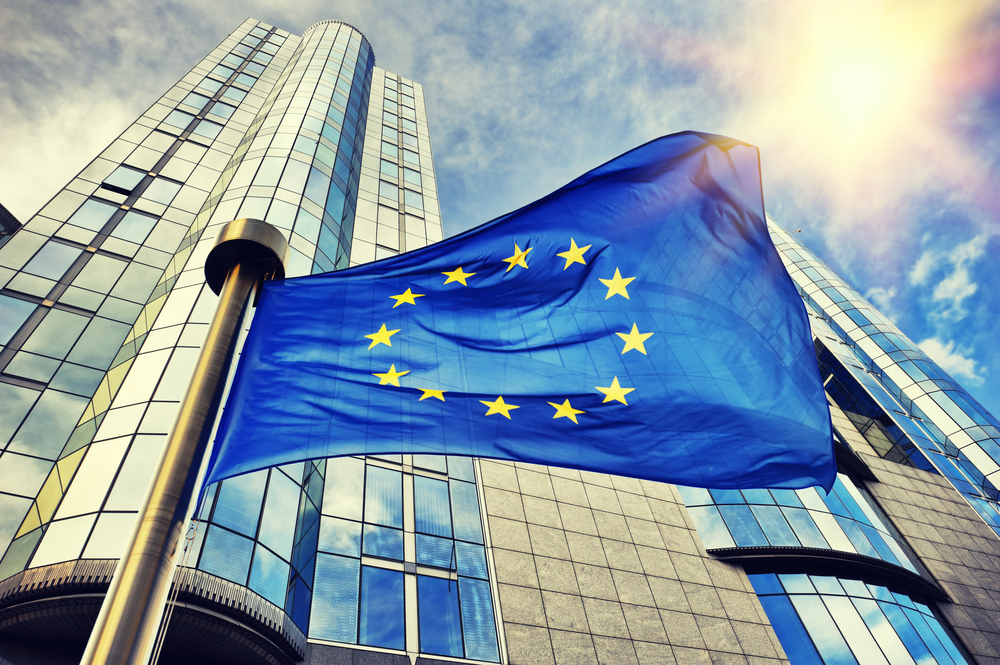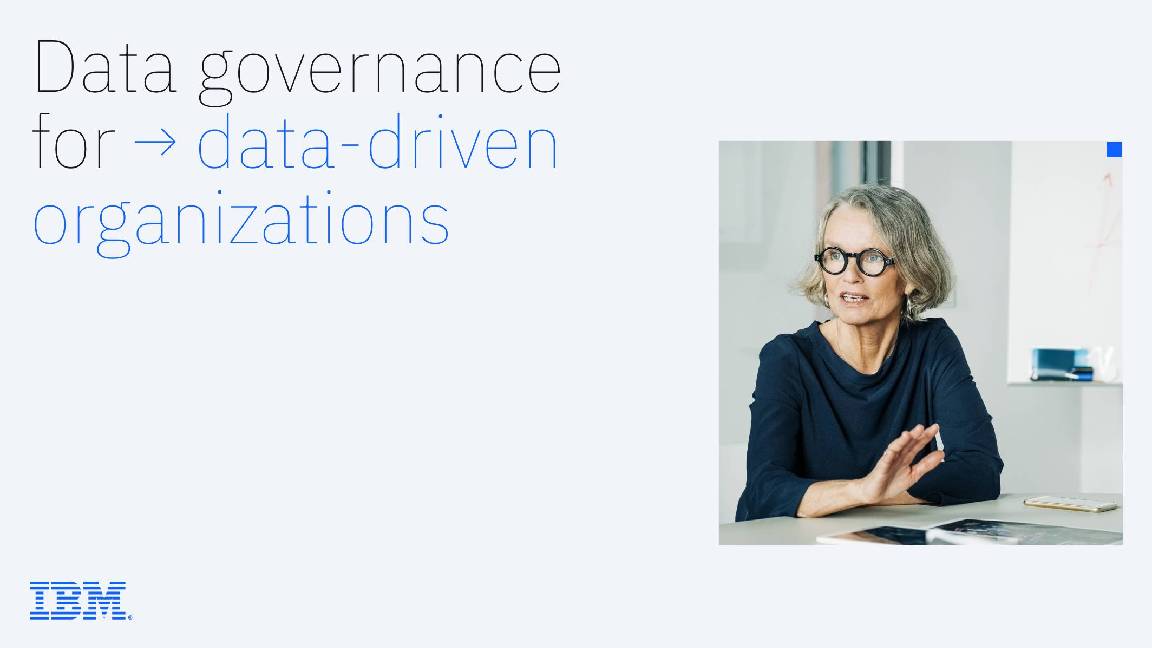EU plotting to overhaul rules governing tech giants
The latest crackdown against harmful content may take a more centralised shape


Sign up today and you will receive a free copy of our Future Focus 2025 report - the leading guidance on AI, cybersecurity and other IT challenges as per 700+ senior executives
You are now subscribed
Your newsletter sign-up was successful
The European Union (EU) has, for years, been incensed with the way social media firms have allowed harmful and illegal content to spread like wildfire across their networks. But officials in charge haven't quite settled on a concrete way of tackling this.
Guidelines proposed by the European Commission nearly two years ago suggested a voluntary approach for tech companies in removing hate speech from their platforms. However, while social media sites have been digging their heels in, the threat of enforceable regulation has been growing.
In March last year, the European Commission outlined alternative plans giving these platforms just one hour to remove such content before imposing penalties.
The latest proposals, according to the Financial Times, involve literally rewriting the rulebook on how to engage with big tech. What's being dubbed the "Digital Services Act" is expected to give the EU a raft of legal powers to influence how social media platforms govern hate speech, extremist material and political advertising.
A concentration of power
The European Commission's latest proposals go so far as to wrestle away control from individual member states and funnel this power into a continental regulator.
According to Netz Politik, the German IT publication that originally broke the story, the new laws will substitute the older e-commerce directive, which stretches back to the year 2000. These legacy regulations are, quite simply, not fit for purpose in a modern age, and don't specify how they can be tailored to apply to the tech sector.
Under these new plans, however, officials will have the opportunity to craft sharper rules to fit around all facets of modern tech like cloud computing and social media. Provisions for online political advertising, especially, will have a newfound prominence given how concerned the EU has been about bad actors influencing online political discourse.
Sign up today and you will receive a free copy of our Future Focus 2025 report - the leading guidance on AI, cybersecurity and other IT challenges as per 700+ senior executives
The most eye-catching aspect is certainly the creation of a new centralised EU tech regulator with enforcement powers. Where the EU's General Data Protection Regulation (GDPR) entrusted member states with statutory powers to fine organisations for violating strict data protection principles, this will do the opposite.
Once the Digital Services Act comes into effect, member states will be required to repeal any domestic legislation regarding blocking content, or bring this in line with the EU's, partner with White & Case LLP Tim Hickman told IT Pro.
"The boundary between EU law and the domestic laws in this area is complex. In particular, the proposed Digital Services Act aims to tackle the problem of hate speech.
"However, much online speech is protected by the right to freedom of expression and information, in Article 10 of the European Convention on Human Rights, a treaty that the EU does not have the power to amend."
He added domestic laws regarding freedom of expression and freedom of information fall largely outside the EU's purview. This means approaches to tackling hate speech may yet diverge from one Member State to another.
The Brexit factor
The EU's moves could potentially scupper the UK's own plans to enforce regulation of online content, subject to the outcome of the Brexit fiasco and how closely the UK and EU will be regulatorily aligned.
After months of dithering and speculation, the Department for Digital, Culture, Media and Sport (DCMS) jointly-launched proposals with the Home Office in April outlining how the government plans to tackle these very issues.
If proposals outlined in the "Online Harms" white paper come to fruition, the government will establish a statutory regulator with powers to punish internet giants if they neglect to abide by a "duty of care". In extreme cases, the state regulator will disrupt companies' business operations and order internet service providers (ISPs) to block non-compliant digital services or apps entirely.
While the EU's plans aren't too dissimilar, under its model, proposals like these for national bodies will be overridden.
One reason for this could rest with the fact a number of member states have lately elected governments of a far-right persuasion, with Hungary and Italy being notable examples. Authorities in these countries may be less likely to be decisive on the spread of some forms of hate speech and disinformation across social media networks than this proposed legislation would require. Another reason could be that countries are simply lagging behind in the process of establishing ways of monitoring and regulating harmful content online.
Targeting big tech
These plans are nakedly aimed at companies like Facebook and Twitter, with these platforms often rampant with "fake news" and content deemed harmful.
The EU and the UK argue these companies have not been doing enough to get a handle on this issue. The likes of Facebook, Twitter and YouTube have, however, actually shown improvements in the way they tackle harmful content, with a European study published in February showing as much.
For instance, during a six-week period in 2018, 89% of flagged hate speech on platforms like Facebook, YouTube and Instagram were monitored within 24 hours, with 72% of this removed. This is in contrast to a previous study published in 2016 which revealed only 40% of flagged content was examined in the same time frame, and just 28% was removed, during the same period.
There's also the prospect that regulations in this space may disproportionately benefit a select few larger companies against the wider industry. The "Online Harms" white paper, for instance, will hit smaller companies with increased costs and penalties where larger companies can simply absorb these.
"The reality is that it isn't tech companies, broadly, that the government is concerned about - it's a very small number of specific big platforms," Richard Wingfield, legal officer for Global Partners Digital, told IT Pro.
"But if you look at the scope of the white paper, it's about any company or platform that allows users to share or generate content that could be your local online newspaper that has a comments section, or Mumsnet, or blogging platforms.
"One of the unintended consequences is that you risk entrenching the dominance of the big platforms that are causing the government the most problems.
"If you impose these requirements on all of these smaller platforms, it makes them less likely to start-up in the first place - particularly if you have things like criminal liability for management of these companies."
The EU's own proposals are still being drafted, and are not expected to be published until at least the end of the year. Officials with the European Commission will engage with the tech sector about their plans, and are expected to assess the shortcomings of existing rules over the next few months.

Keumars Afifi-Sabet is a writer and editor that specialises in public sector, cyber security, and cloud computing. He first joined ITPro as a staff writer in April 2018 and eventually became its Features Editor. Although a regular contributor to other tech sites in the past, these days you will find Keumars on LiveScience, where he runs its Technology section.
-
 ITPro Best of Show NAB 2026 awards now open for entries
ITPro Best of Show NAB 2026 awards now open for entriesThe awards are a fantastic opportunity for companies to stand out at one of the industry's most attended shows
-
 Mistral CEO Arthur Mensch thinks 50% of SaaS solutions could be supplanted by AI
Mistral CEO Arthur Mensch thinks 50% of SaaS solutions could be supplanted by AINews Mensch’s comments come amidst rising concerns about the impact of AI on traditional software
-
 AI is “forcing a fundamental shift” in data privacy and governance
AI is “forcing a fundamental shift” in data privacy and governanceNews Organizations are working to define and establish the governance structures they need to manage AI responsibly at scale – and budgets are going up
-
 Data sovereignty a growing priority for UK enterprises
Data sovereignty a growing priority for UK enterprisesNews Many firms view data sovereignty as simply a compliance issue
-
 Elevating compliance standards for MSPs in 2025
Elevating compliance standards for MSPs in 2025Industry Insights The security landscape is set to change significantly in the years to come with new regulations coming into effect next year, here's how the channel needs to adapt
-
 How ready is your company for NIS2?
How ready is your company for NIS2?Supported Content The EU’s latest cybersecurity legislation raises the stakes for enterprises and IT leaders - and ensuring compliance can be a daunting task
-
 Top data security trends
Top data security trendsWhitepaper Must-have tools for your data security toolkit
-
 IBM: Data governance for data-driven organizations
IBM: Data governance for data-driven organizationswhitepaper Master your data management
-
 Conquering technology risk in banking
Conquering technology risk in bankingWhitepaper Five ways leaders can transform technology risk into advantage
-
 Advancing your risk management maturity
Advancing your risk management maturityWhitepaper A roadmap to effective governance and increase resilience